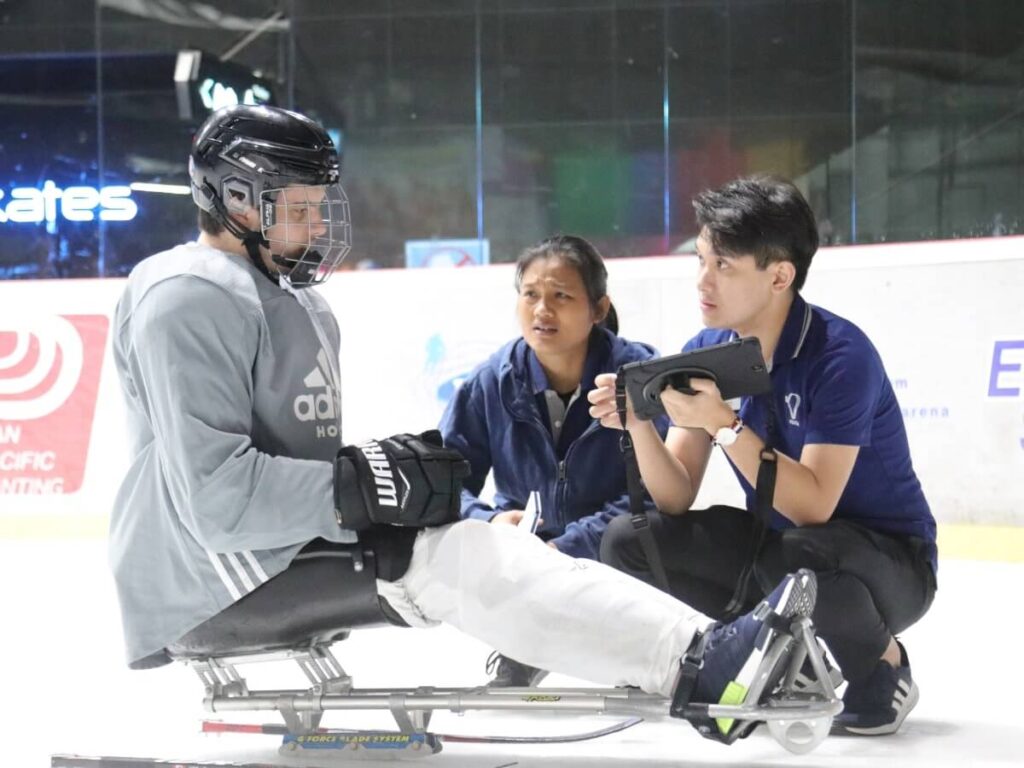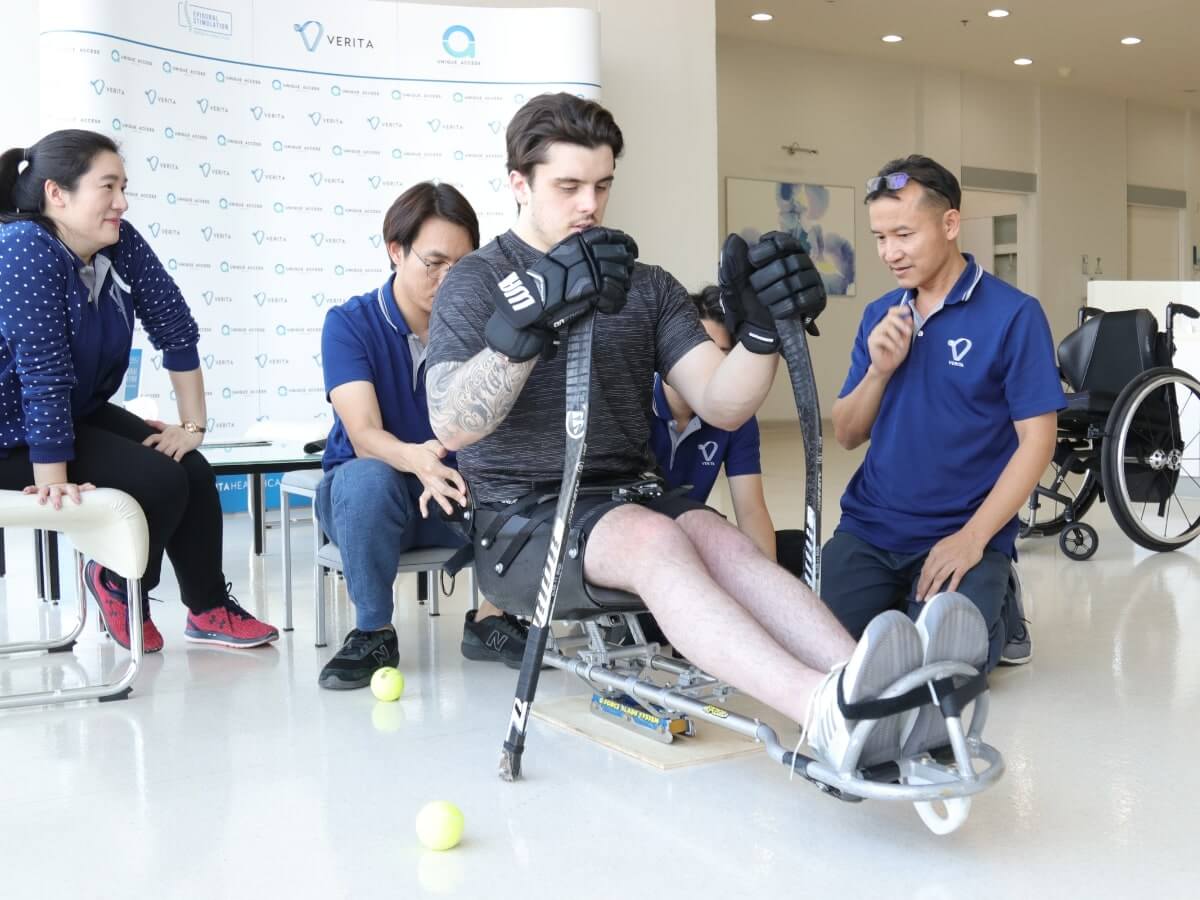Spinal cord injury stem cell treatment is an approach which uses stem cells to help the damaged tissue in the spinal cord recovery. In his third progress interview, Ryan Straschnitzki, who received epidural stimulation treatment for spinal cord injury, discusses the stem cell treatment he also received and how his return to sport is going. With Hanna Charles, Director of Patient Representatives, he answers questions on all sorts of topics, including bladder, bowel and sexual function, exercise and his biggest achievements.
We're here with Ryan. This is the last episode we're making. Can you tell us about your last week and your progress? I've heard you've done some fun activities.
Good! So we have some more questions that got sent your way. Have you noticed any further improvements in your bowel and bladder function?
What would you consider your biggest achievement after the treatment?
You are an athlete so would you think a regular person could see the same results?
How many hours per day did you exercise before coming here?

Have you seen any improvements in your sexual functions?
Hopefully, yes!
Would the epidural stimulation work if you have a baclofen pump?
So, with your bladder improvements, can you hold urine for longer?
So the next question is about the device being implanted. So especially I think, for you it’s a good question since you're so into sports. Do you have to be extra careful about the implant in your spine? Can you feel any difference when it's implanted?
Does it in any way restrict you from performing daily activities?
How soon do you think you can go back to sports?
How many people have done it so far and how many improved?
So is your stem cell treatment finished and what did you think?
Usually it takes us a few months to see the full results of the stem cell treatments. So hopefully, when we follow up with you, we will be able to see some more improvements in your sensory functions.
Another question is about your autonomic functions and your blood pressure. Do you feel it's something that is restricting you and is it getting better or are you still struggling with it?
Okay. So, where were the stem cells taken from?
How's the food at the hospital and is it similar to hospitals in Canada?
The last question we have for today is whether there is a waiting list for the treatment?
So Ryan, I know that next week you're joining the local hockey team!
Spinal cord injury stem cell treatment is an approach which uses stem cells to help the damaged tissue in the spinal cord recovery. In his third progress interview, Ryan Straschnitzki, who received epidural stimulation treatment for spinal cord injury, discusses the stem cell treatment he also received and how his return to sport is going. With Hanna Charles, Director of Patient Representatives, he answers questions on all sorts of topics, including bladder, bowel and sexual function, exercise and his biggest achievements.
We're here with Ryan. This is the last episode we're making. Can you tell us about your last week and your progress? I've heard you've done some fun activities.
Good! So we have some more questions that got sent your way. Have you noticed any further improvements in your bowel and bladder function?
What would you consider your biggest achievement after the treatment?
You are an athlete so would you think a regular person could see the same results?
How many hours per day did you exercise before coming here?

Have you seen any improvements in your sexual functions?
Hopefully, yes!
Would the epidural stimulation work if you have a baclofen pump?
So, with your bladder improvements, can you hold urine for longer?
So the next question is about the device being implanted. So especially I think, for you it’s a good question since you're so into sports. Do you have to be extra careful about the implant in your spine? Can you feel any difference when it's implanted?
Does it in any way restrict you from performing daily activities?
How soon do you think you can go back to sports?
How many people have done it so far and how many improved?
So is your stem cell treatment finished and what did you think?
Usually it takes us a few months to see the full results of the stem cell treatments. So hopefully, when we follow up with you, we will be able to see some more improvements in your sensory functions.






